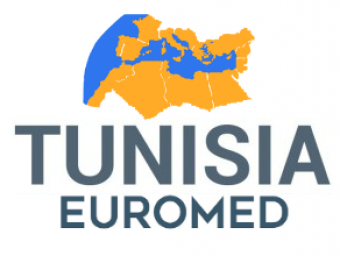Russia’s withdrawal from the grain deal, as well as its forces’ attacks on port facilities and silos, have caused a sharp increase in commodity prices in developing countries, the UN rights chief on Monday.
“The Russian Federation’s withdrawal from the Black Sea Grain Initiative in July, and attacks on grain facilities in Odesa and elsewhere, have again forced prices sky-high in many developing countries – taking the right to food far out of reach for many people,” Volker Turk said.
Turk’s remarks came during his opening speech at the 54th session of the Human Rights Council, which began with a minute of silence in solidarity with Morocco after the devastating earthquake.”The world is betraying our promise to end hunger by 2030,” he said, warning that the world has returned to hunger levels not seen since 2005, with their toll of stunted children and painfully abbreviated lives.
Citing a UN Food and Agriculture Organization’s latest report, he said 600 million people will be chronically undernourished by the end of this decade due to “climate change, the consequences of the pandemic, and Russia’s war on Ukraine.”
Right to ‘decent standard of living’
Turk underlined that people have legitimate expectations such as access to food, affordable medical care, education, equal opportunities, good economic prospects, a clean, healthy, and sustainable environment, the freedom to make their own choices, objective information, and justice.
“People everywhere want – and have a right to – a decent standard of living,” he said, adding, “but time and again, I see people deprived of these rights, and crushed by development that is neither respectful nor fair.””Injustice, poverty, exploitation, and repression are the cause of grievances that drive tensions, conflicts, displacement and further misery – on and on,” he warned.
Shocked by ‘nonchalance’ against migrant/refugee deaths
The UN human rights chief expressed shock at the casual attitude toward migrant and refugee deaths, citing more than 2,300 people reported dead or missing in the Mediterranean this year, including more than 600 deaths in a single shipwreck off the coast of Greece in June.
He drew attention to the fact that that many more migrants and refugees are dying unnoticed in the seas around Europe, including the Channel.
People seeking protections in developed countries via perilous voyages through the Bay of Bengal and the Caribbean are constantly pushed back and deported to dangerous situations, while deportations and expedited removal processes raise serious concerns along the US-Mexico border, he said.
Additionally, he said his office is seeking urgent clarification on allegations of killings and mistreatment at the border of the Kingdom of Saudi Arabia.
International probe into 2020 Beirut blast
Turk slammed the lack of accountability for the 2020 Beirut port blast, which killed over 200 people and injured over 7,000, including over 1,000 children.
“Three years after the Beirut explosion … there has been no accountability,” he said, recalling the numerous concerns raised about interference in the investigation.
“It may therefore be time to consider an international fact-finding mission to look into human rights violations related to this tragedy,” he added.
New bill against women in Iran
Turk voiced “serious” concern over a new bill currently under review that would impose severe penalties on women and girls in Iran who do not follow the compulsory dress code, including travel bans and loss of access to social services.
Noting that the bill was introduced a year after Mahsa Amini’s death, he said it also allows the use of surveillance technology to monitor women’s behavior and dress.
Reports of women facing legal action for dress code violations have multiplied even before the bill’s passage, he said, adding, “In this context, I flag my concern regarding renewed deployment of the morality police, a force almost exclusively aimed at controlling women and girls.”
Accountability for Amini’s death, as well as crimes committed during subsequent protests, he said, has been inadequate.
He underlined that the use of the death penalty has increased dramatically, particularly against ethnic Baloch and other minority groups in Iran.
Nationwide protests erupted in mid-September after the death of 22-year-old Amini, who was arrested by morality police for allegedly violating Iran’s strict dress code for women.
AA
